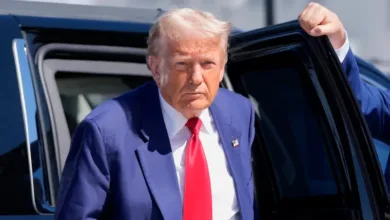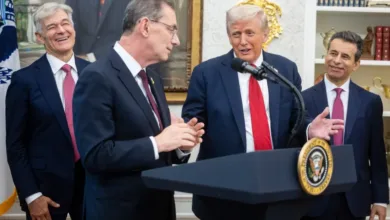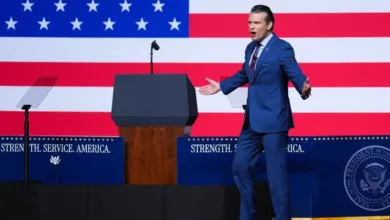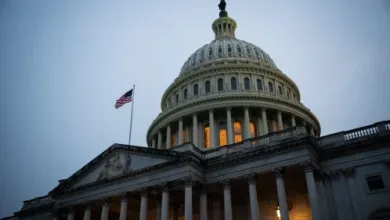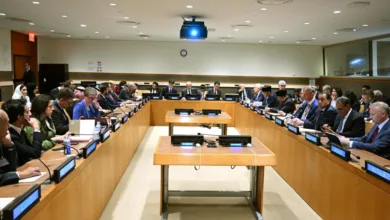How Money Controls U.S. Politics More Than We Realize

In American politics, the saying “money talks” has never been more true. From campaign donations to lobbying, financial power plays a central role in shaping policies, influencing elections, and determining who holds office. While democracy is meant to reflect the will of the people, critics argue that the system increasingly reflects the interests of the wealthy and powerful. The hidden question is: how much does money really control U.S. politics? News
Campaign Finance and the Cost of Elections
Modern U.S. elections cost billions of dollars. Candidates must raise staggering sums to remain competitive, making them dependent on wealthy donors, political action committees (PACs), and Super PACs. This financial dependence raises concerns about whether elected officials prioritize voters or funders. Breaking News
Lobbying Power in Washington
Lobbying has become an industry worth billions, with corporations and interest groups spending heavily to influence legislation. Lobbyists provide funding, research, and pressure to sway policymakers. Critics argue this creates an uneven playing field where average citizens’ voices are drowned out. U.S News
The Role of Dark Money
One of the most troubling trends in politics is the rise of “dark money.” These are funds funneled through nonprofit organizations that can spend unlimited amounts on elections without disclosing their donors. This lack of transparency allows powerful interests to influence outcomes without accountability. Trump News
Corporate Influence on Policy
Beyond elections, corporations invest heavily in shaping policy. From tax laws to environmental regulations, corporate money often determines legislative outcomes. This raises questions about whether democracy is being replaced by plutocracy — rule by the wealthy. World
Public Distrust and the Cost to Democracy
As the role of money in politics grows, public trust in democracy declines. Many Americans believe their government no longer represents them, but rather serves the interests of elites. This perception threatens the legitimacy of democratic institutions.
Money may not cast ballots, but it shapes the choices that voters are given. The overwhelming influence of financial power in U.S. politics has raised fundamental concerns about equality, fairness, and accountability. Without meaningful reform in campaign finance and lobbying, the risk remains that American democracy will serve wealth over will — leaving ordinary citizens sidelined in their own system of government.
